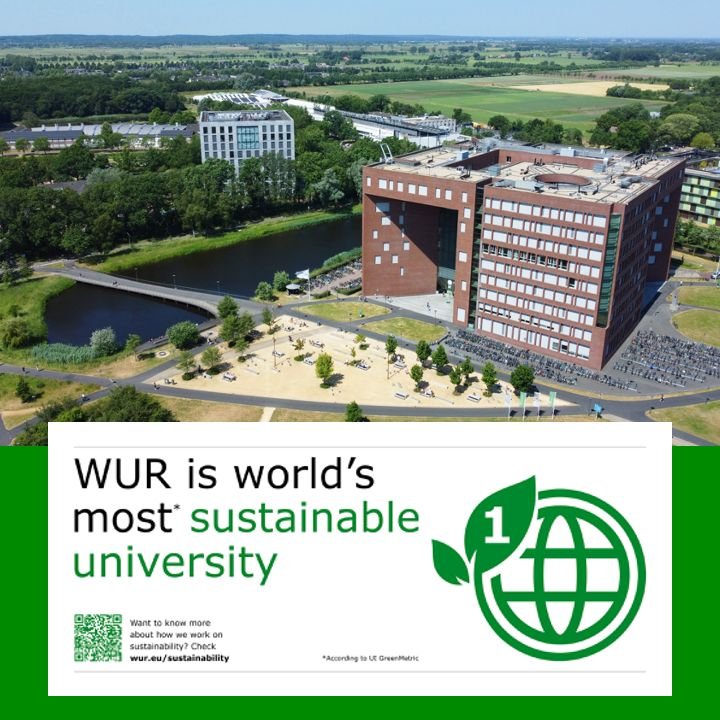
Understanding “Cities” and “Communities” in SDG 11
Sustainable Development Goal 11 (SDG 11) focuses on making cities and communities inclusive, safe, resilient, and sustainable, encompassing urban areas, towns, and broader human settlements. Sustainability in this context includes promoting economic growth, social inclusion, environmental protection, and disaster resilience. Key initiatives involve ensuring adequate housing and basic services, providing accessible public transport, fostering inclusive urban planning, and reducing environmental impacts. The least sustainable cities are mainly in developing regions like sub-Saharan Africa, South Asia, and parts of Latin America. Cities such as Lagos, Karachi, and New Delhi exhibit high urban unsustainability, characterized by significant slum populations, inadequate access to basic services, poor public transport, and severe pollution. Residents in these areas face considerable hardships, with many living in overcrowded conditions without secure tenure. Their survival strategies include reliance on informal employment, community aid networks, and informal services for essentials. Additionally, migration for better opportunities and adaptation to unreliable transport options are common. These coping mechanisms only provide limited relief, illustrating the ongoing challenges faced by those in the world’s most unsustainable urban environments.

Wageningen University's Collaboration with Businesses for Sustainable Development: The Path to Zero Hunger
Wageningen University & Research (WUR), located in the Netherlands’ Food Valley, is a leading institution in life sciences, particularly in agriculture. Established in 1876, it is renowned for its commitment to sustainability, ranking as the world's top university for agricultural sciences and sustainable agriculture for several consecutive years. WUR’s mission focuses on balancing human needs, the environment, and the economy, aligning with the United Nations’ Sustainable Development Goals. WUR actively collaborates with businesses, governments, and civic organizations to translate research into practical applications that benefit society. These partnerships provide companies with access to cutting-edge research and sustainability expertise, fostering innovation and enhancing competitiveness. Businesses can engage with WUR through various avenues, including research projects, the Wageningen Data Competence Center, and tailored professional courses from Wageningen Academy. WUR's commitment to impactful research is further exemplified in its vibrant Wageningen Campus, which serves as a hub for innovation, bringing together companies, educational institutions, and research facilities. This collaborative framework aims to develop solutions for global challenges, ultimately contributing to a more sustainable and resilient future.